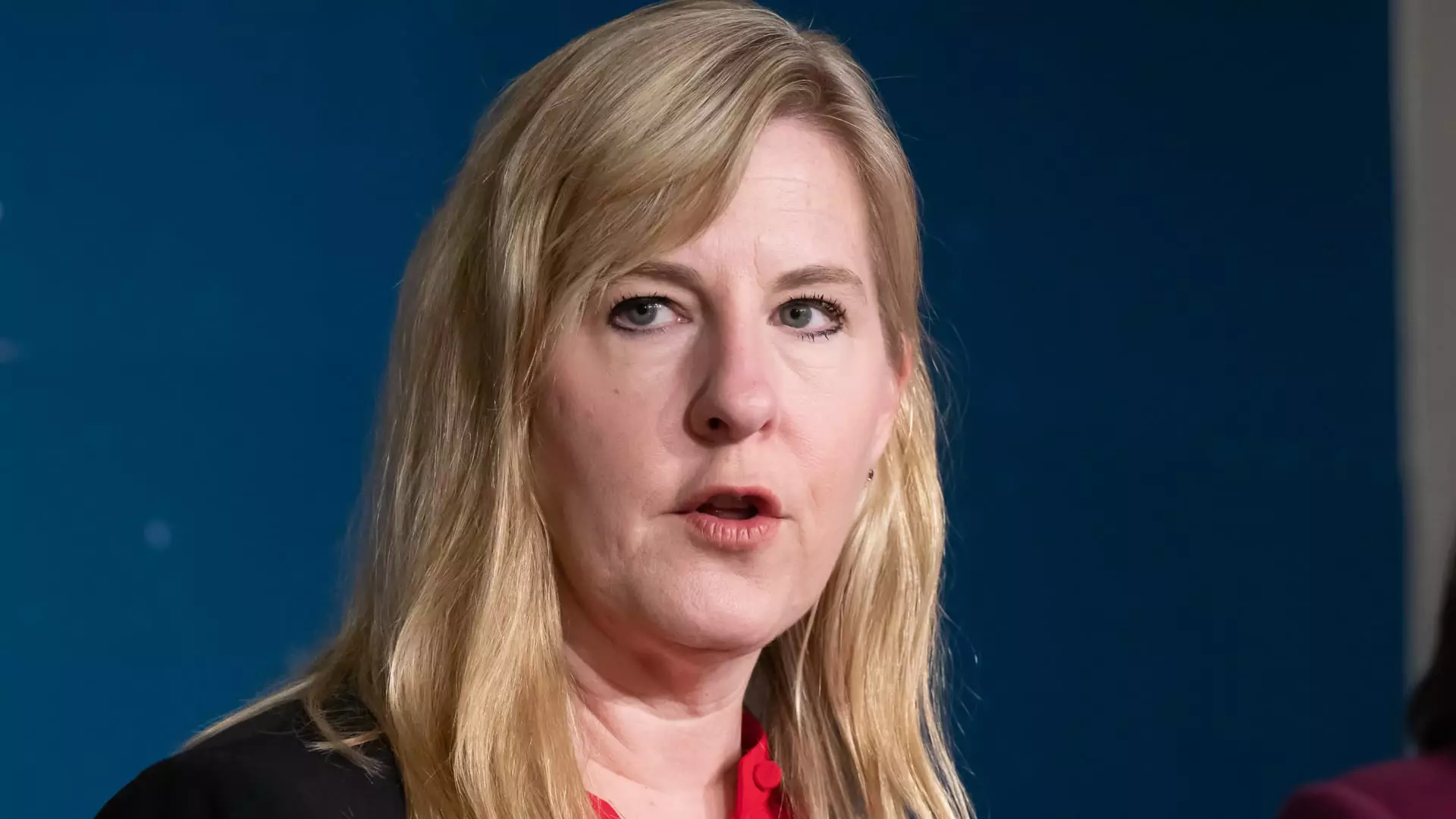The tragic event that unfolded in Minnesota, claiming the lives of former House Speaker Melissa Hortman and her husband Mark, illuminates a deeply troubling trend in our society: the rise of politically motivated violence. The unsettling reality of her assassination, alongside the grave injuries sustained by Minnesota Democratic state senator John Hoffman and his wife, paints a dark picture of a nation grappling with its political discourse spiraling into deadly confrontations. Such violent acts are not mere isolated incidents; they are symptomatic of a larger illness festering within our democratic fabric.
Governor Tim Walz’s emotional declaration of loss reflects not only personal grief but the broader implications of what this violence means for political discourse. He referred to Hortman as “a great leader,” yet her murder begs the question of whether great leaders can operate in an environment increasingly hostile towards political dissent. The chilling line drawn between political disagreement and violent retribution is becoming dangerously thin, and as citizens, we must examine how we arrived at this violent crossroads.
The Facade of Law Enforcement: An Eerie Distortion
The perpetrator’s use of a police impersonation tactic highlights a sinister manipulation of authority that not only disillusions the public but also undermines trust in institutions designed to protect law-abiding citizens. The suspect’s audacious act of duplicity births a new level of fear in an already fraught political landscape. As the Minnesota Bureau of Criminal Apprehension reported the exchange of gunfire with responding officers, the fragility of the public’s safety comes into play; instead of a protector, this individual behaves as an agent of chaos.
We must urgently confront the implications of such acts. Not only does it threaten the lives of those in public service, but it also sends a wider message of intimidation; it aims to silence dissent and instill fear among representatives and constituents alike. The presence of a “manifesto” in the suspect’s vehicle, detailing intentions against other lawmakers, places a formidable burden on the perception of our political arena. It begs the question: what are we willing to sacrifice in order to suppress dissenting voices?
Political Violence: A National Crisis
As the dust begins to settle on this harrowing incident, we find ourselves compelled to reflect on the currents propelling this violence. Statements from President Trump and Attorney General Pam Bondi echo a sentiment of strength and resolve against such acts, yet they arrive with an obligatory weight of irony. The rhetoric surrounding political violence has become laced with a troubling blend of complicity and condemnation—calls for justice may ring hollow if they are not met with a genuine commitment to addressing the roots of political extremism.
The Democratic National Committee chair Ken Martin’s assertion that “this senseless violence must end” strikes a chord, but we must also interrogate the extremism and hostility that pervade our political discourse. It is agonizing to contemplate that we live in a time when elected officials are seemingly targeted for their beliefs and actions. Violence as a response to political disagreement is a dangerous phenomenon that should evoke a unified outcry—not merely from one side of the aisle but across the spectrum.
A Call to Rehumanize Political Dialogue
In light of this tragedy, it becomes imperative to rehumanize our political discourse. The events in Minnesota must serve as a wake-up call to all of us who engage in the political arena. Our difference of opinion should not result in dehumanization; rather, we should strive to embrace empathy and foster dialogue. We must reclaim the idea that debate can thrive in an environment characterized by respectful disagreement.
The reality is that words have power, and the narrative around political identity has morphed into a battleground where violence seems all too viable as a final word. We have entered an era where threats against public servants have escalated to violent assassinations. This scenario is ignited not just by radical factions but often inflamed by mainstream rhetoric that vilifies the opposition.
As Minnesotans and as a nation, we cannot afford to treat this as a mere wake-up call; rather, it must become a catalyst for meaningful change. The urgent need for collective introspection and a recommitment to civil discourse cannot go unheeded. Only through this can we honor the lost lives of leaders like Melissa Hortman and work towards rebuilding a community where dialogue and democracy are resilient against the tides of violence.


Leave a Reply